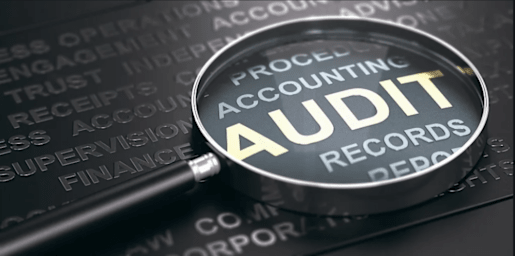
Auditing Standards and Processes
Generally accepted auditing standards (GAAS) are a set of systematic guidelines used by auditors when conducting audits on companies' financial records. GAAS helps to ensure the accuracy, consistency, and verifiability of auditors' actions and reports. The Auditing Standards Board (ASB) of the American Institute of Certified Public Accountants (AICPA) created GAAS.
GAAS are the auditing standards that help measure the quality of audits. Auditors review and report on the financial records of companies according to the generally accepted auditing standards.
Auditors are tasked with determining whether the financial statements of public companies follow generally accepted accounting principles (GAAP). GAAP is a set of accounting standards that companies must follow when reporting their financial statements. Auditors review a company's financial numbers and accounting practices to ensure they're consistent and comply with GAAP. The Securities and Exchange Commission (SEC) requires that the financial statements of public companies are examined by external, independent auditors.
While GAAP outlines the accounting standards that companies must follow, GAAS provides the auditing standards that auditors must follow.







